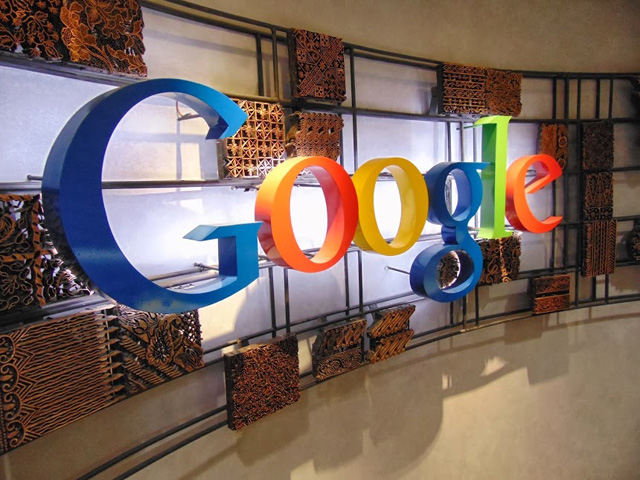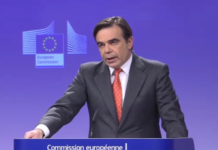On Tuesday Google made strides towards protecting their lucrative advertising business. Google gave marketers more control regarding where their Ads would appear online. This came about after Google’s major clients withdrew their advertisement from spots that appeared next to hate speech and offensive material.
Google has risen to became a global advertising behemoth; Google pockets billions of dollars every year from brands advertising and promoting their products their good through Google’s search engine as well as YouTube. Giving brands a greater role in deciding where to have their Ads appear is tantamount to acknowledging that Google has failed in its mission to police the material that appears on its search engine as well as on YouTube.
“Recently, we had a number of cases where brands’ Ads appeared on content that was not aligned with their values. For this, we deeply apologize,” Remarked Philip Schindler, who is Google’s chief business officer, wrote a blog on Tuesday. “We know that this is unacceptable to advertisers and agencies who put their trust in us.”
Though Google has made efforts to change and improve its policies, this incident exposes how dependent it still is on online advertising. Regardless of the large bets Alphabet which is its parent company. In 2016 Alphabet made a net profit of 19.5 billion dollars. This was an increase of 23%. A huge chunk of this profit was generated from Google’s advertising business.
Its change in policy came after Havas, a French advertising company, withdrew from Google advertising and pulled its ads from their search giant digital services in Britain after failing to receive assurances that they would not be shown next to the offensive material.
Google has promised to rigorously vet online content that would be considered as hate speech or offensive material. This will include giving brands a greater say on where their brands’ ads will be shown online. Companies would also have the powers to pull their ads if they were still not satisfied. Google also said it would increase their workforce and hire more members that would be in charge of policing the advertisement standards. It would also use artificial intelligence and other technology to get rid of harmful content.
“We believe the combination of these new policies and controls will significantly strengthen our ability to help advertisers,” Mr. Schindler said. However, Schindler fell short of saying that they would be actively involved in removing material before users had flagged it. The stand taken by Google has in recent times has raised more scrutiny especially during the current rise of “fake news” and the rise of the speech throughout the world.
Advocates of freedom of speech have urged Google to stand its ground. However, policy makers from all over the world are pushing for Google to play its policing role and combat the spread of offensive material on the internet.




